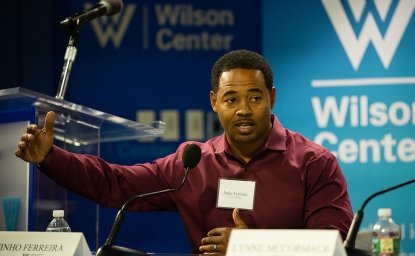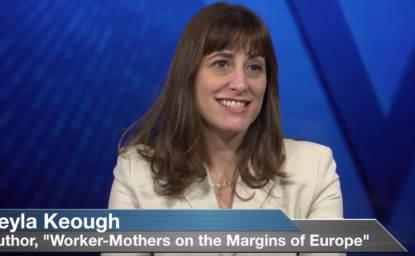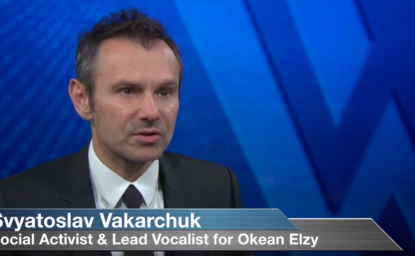A critical component necessary for navigating the post 9/11 world, is the capacity to accurately assess threats. Now more than a decade after the attacks, security, and counterterrorism experts are still grappling with complex questions in trying to devise solutions that fit a range of possible problems.
To gain perspective on where we are and where we're headed, we spoke to Philip Mudd, recipient of numerous CIA awards and commendations, including the Director’s Award; the George H.W. Bush Award for excellence in counterterrorism; the CIA’s Distinguished Intelligence Medal; and the William Langer Award for excellence in analysis.
Philip Mudd is a Senior Research Fellow with the New America Foundation where he studies issues of counterterrorism, intelligence, and homeland security with the Counterterrorism Strategy Initiative. Mr. Mudd joined the Central Intelligence Agency in 1985 as an analyst and began work in the CIA’s Counterterrorist Center in 1992. He's held a number of posts with the CIA including serving as second-in-charge of counterterrorism analysis in the Counterterrorist Center. He was promoted to the position of Deputy Director of the Center in 2003 and served there until 2005. At the establishment of the Federal Bureau of Investigation’s National Security Branch, FBI Director Robert Mueller appointed Mr. Mudd to serve as the Branch’s first-ever deputy director. He received a Presidential nomination to become Undersecretary of Intelligence and Analysis at the Department of Homeland Security in early 2009 but later withdrew his nomination, returning to the FBI as its Senior Intelligence Adviser. Mr. Mudd resigned from government service in March 2010.






